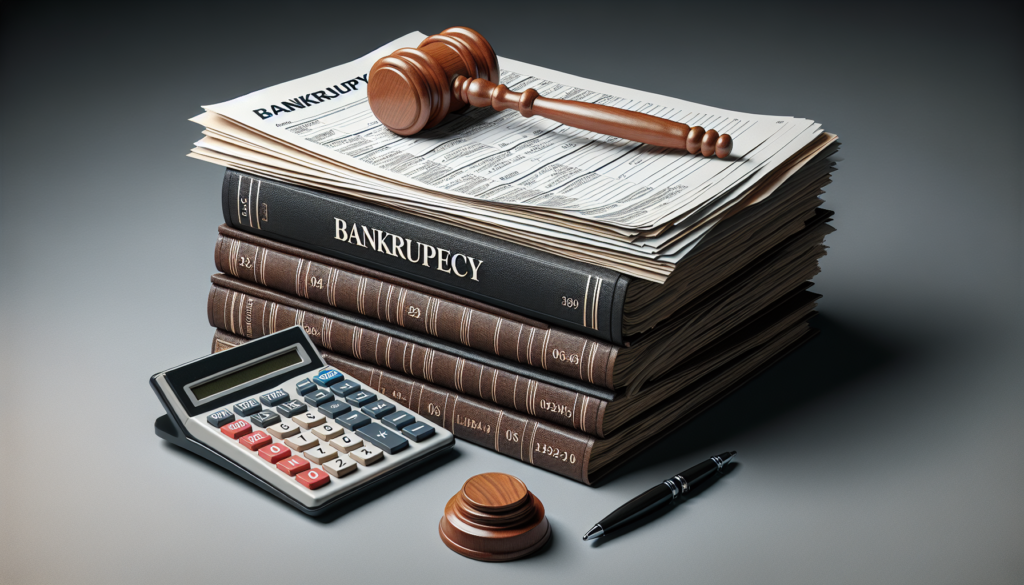In many cases, you can protect your 401(k) retirement savings when filing for bankruptcy, thanks to specific federal and state exemptions designed to safeguard retirement funds. Here’s how your 401(k) may be protected during bankruptcy proceedings:
-
Federal Exemptions:
Under the federal bankruptcy laws, retirement accounts, including 401(k) plans, are typically protected from creditors during bankruptcy proceedings. The Bankruptcy Code includes a specific exemption for certain types of retirement accounts, such as employer-sponsored 401(k) plans and individual retirement accounts (IRAs).
-
ERISA-Qualified Plans:
401(k) plans that are qualified under the Employee Retirement Income Security Act (ERISA) are generally shielded from creditors in bankruptcy. ERISA-qualified plans include most employer-sponsored retirement plans, such as traditional 401(k) plans offered by private employers, as well as 403(b) plans for employees of tax-exempt organizations and governmental entities.
-
Non-Bankruptcy Protections:
Even outside of bankruptcy, 401(k) plans enjoy protection from creditors under federal law. ERISA imposes strict restrictions on the assignment or alienation of retirement plan benefits, ensuring that your savings remain secure from creditors’ claims in most circumstances.
-
State Exemptions:
In addition to federal protections, many states offer their own exemptions for retirement accounts in bankruptcy. Some states allow you to choose between federal and state exemptions, while others require you to use state-specific exemptions. Depending on your state’s laws, you may be able to fully or partially exempt your 401(k) from the bankruptcy estate, preserving your retirement savings.
-
Consultation with a Bankruptcy Attorney:
It’s crucial to consult with a knowledgeable bankruptcy attorney to understand the exemptions available to you in your state and how they apply to your specific situation. An attorney can help you navigate the complexities of bankruptcy law and ensure that your retirement savings are protected to the fullest extent possible.
-
Early Withdrawals and Loans:
While your 401(k) may be protected in bankruptcy, it’s important to consider the implications of early withdrawals or loans from your retirement account. Withdrawals made before reaching retirement age may be subject to income taxes and early withdrawal penalties, diminishing the value of your savings. Similarly, loans from your 401(k) must be repaid according to the plan’s terms, or they may be treated as taxable distributions.
In summary, in most cases, you can protect your 401(k) retirement savings when filing for bankruptcy, thanks to federal and state exemptions designed to safeguard retirement funds. Consulting with a bankruptcy attorney can help you understand your rights and options for protecting your retirement savings while seeking debt relief through bankruptcy.

Bankruptcy Code Sections Dealing With Retirement Accounts
-
Section 522 of the Bankruptcy Code:
- Section 522 of the Bankruptcy Code outlines the federal bankruptcy exemptions available to debtors. Under this section, certain types of retirement accounts are exempt from inclusion in the bankruptcy estate, meaning they cannot be used to satisfy creditors’ claims.
- Specifically, § 522(d)(12) of the Bankruptcy Code exempts retirement funds that are “exempt from taxation” under Sections 401, 403, 408, 408A, 414, 457, or 501(a) of the Internal Revenue Code (IRC). This includes employer-sponsored plans such as 401(k), 403(b), and 457(b) plans, as well as individual retirement accounts (IRAs) and Roth IRAs.
-
ERISA Protections:
- The Employee Retirement Income Security Act (ERISA) provides additional protections for retirement plans, including employer-sponsored 401(k) plans. ERISA prohibits the assignment or alienation of retirement plan benefits, except in limited circumstances, ensuring that these funds are generally shielded from creditors’ claims.
-
State Exemptions:
- In addition to federal exemptions, many states offer their own exemptions for retirement accounts in bankruptcy. These state exemptions may vary widely in scope and value, depending on the laws of the state where the bankruptcy case is filed.
- Some states allow debtors to choose between federal and state exemptions, while others require the use of state-specific exemptions. Debtors should consult with a bankruptcy attorney to determine the exemptions available in their state and how they apply to their retirement accounts.

Get a Free Bankruptcy Case Evaluation